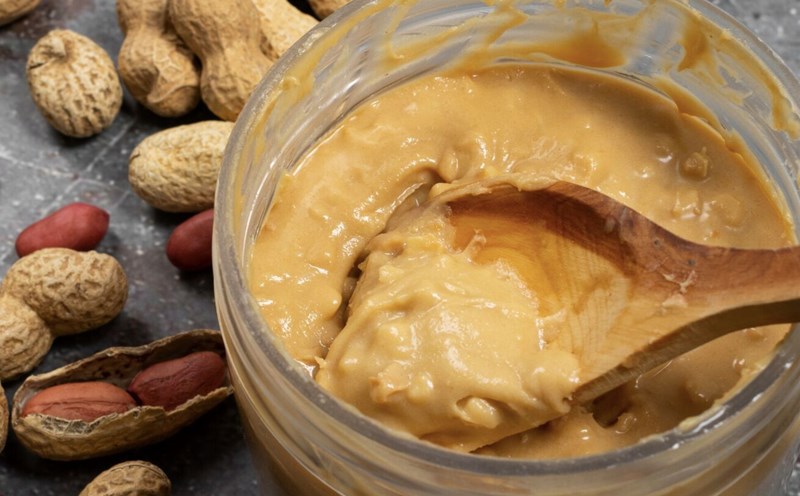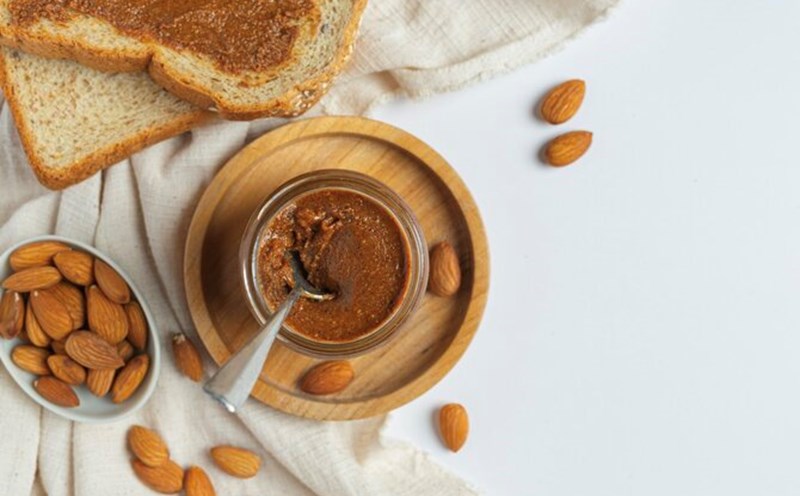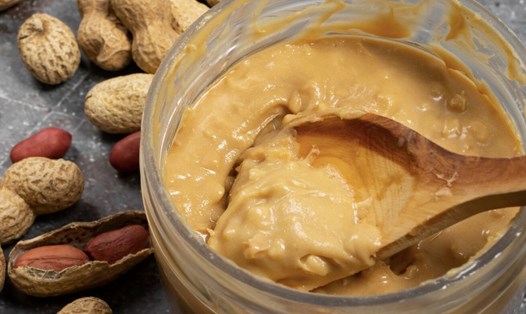According to nutritionist Divya Gandhi ( divya Gandhi Nutrition & Dietetic Clinic, Delhi), when the winter weather becomes colder and drier, the body often needs more energy and nutrients to maintain health. Among the popular snacks, peanuts are often considered an ideal choice thanks to their easy-to-eat flavor, high nutritional value and ability to keep the body warm.
Why are peanuts a suitable winter snack?
Peanuts are a nutritious food, providing:
Protein helps restore and build muscle
Good fats support the heart and keep the body warm
Vitamin E, niacin, folate, magnesium, zinc help improve overall health
Antioxidants such as resveratrol
Fiber helps digestion better
Specialist Divya Gandhi said that thanks to their high content of healthy fats and protein, peanuts provide steady energy and create a feeling of fullness for a long time, making them a great evening snack on cold days.
Boosts immunity and maintains energy
When the temperature drops, the body is often easily tired and the immune system is also easily weakened. Peanuts contain nutrients such as vitamin E and zinc, which help enhance the body's natural defenses.
The combination of protein and fat in peanuts helps release energy slowly, helping you stay healthy and limit hunger at night.
Good for skin and hair in the dry season
Cold weather can easily cause dry skin, cracking and breakage. The healthy fats and vitamin E in peanuts help hydrate from within, helping to improve skin elasticity and keep hair strong.
Biotin, a nutrient found in peanuts, also plays an important role in nourishing hair follicles.
Risks of eating peanuts every day
Despite its many benefits, peanuts still need to be eaten in reasonable amounts.
Easy to gain weight: Peanuts are high in calories (about 560 calories/100 g). If you eat too much in the evening, you are likely to have excess energy, leading to weight gain.
Risk of high blood pressure when eating salty peanuts: Salted roasted peanuts and seasoned peanuts contain a lot of sodium, which can affect blood pressure if consumed daily.
Peanut allergy: Peanuts are one of the most easily allergenic foods. For sensitive people, just a small amount can cause a mild to severe reaction.
Risk of aflatoxin: Old or poorly preserved peanuts may be infected with Aflatoxin-otox monk fruit, a substance that is harmful to the liver. Therefore, you should always choose new peanuts and store them properly.
How to eat peanuts healthy
To maximize benefits and limit risks, you can:
Prioritize lightly roasted, unsalted, or boiled/dried peanuts
Limit fried, seasoned, and high-oiled foods
Soak raw peanuts for a few hours before roasting to increase nutrient absorption
Combine peanuts with fruit, salad or jaggery to add fiber and minerals
Limit the portion to about 2530 grams per day.
The information in the article is for reference only, not a replacement for medical diagnosis or treatment. You should talk directly to your doctor for accurate advice that is suitable for your health condition.











